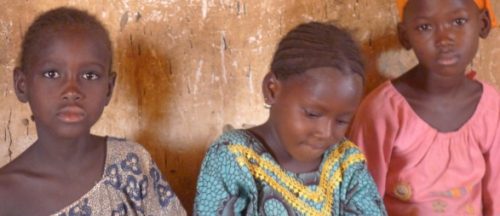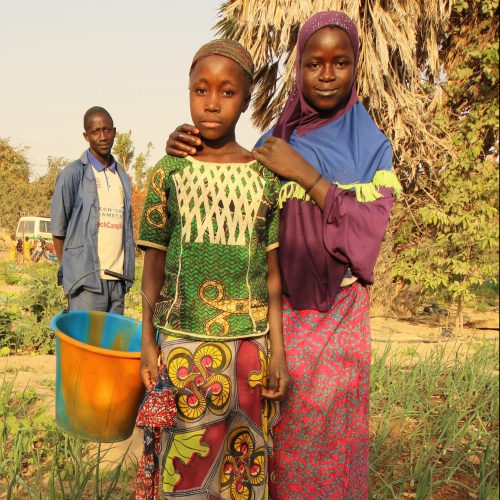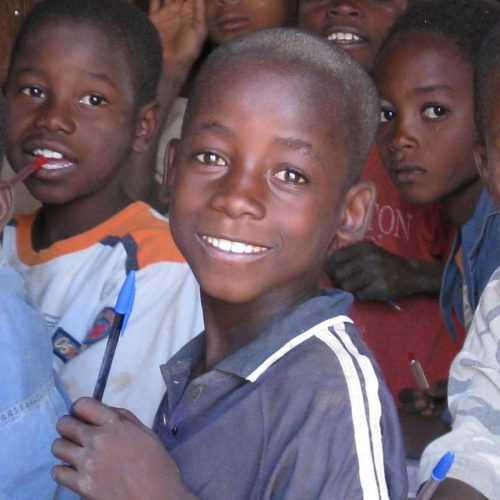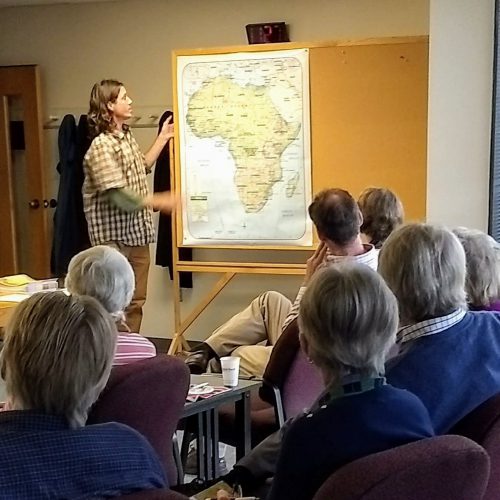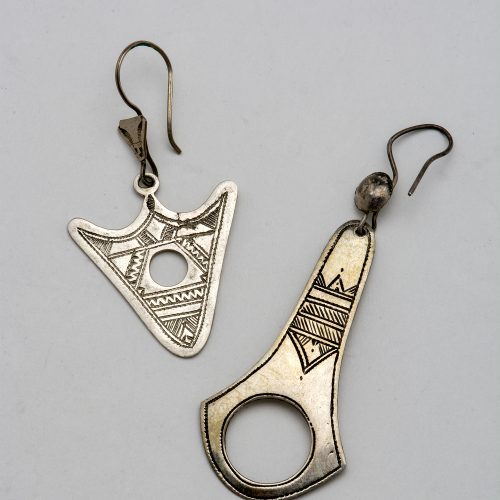As new schools open in rural and marginalized areas of Niger, a gap is forming between unschooled adults and educated young people. Parents who worked their whole lives are wondering why their children are exhausted after a day at school: “You have been sitting in a chair all day. Why are you so tired?” Some parents find it especially difficult to understand the value of education for girls when there are so many chores to do at home, like pulling water from the well, pounding grain, and collecting firewood for cooking.
Women mentors from rural areas sponsor young girls, serving as a liaison between the school staff and parents, advocating for the girls’ education, and teaching them practical skills in semi-formal workshops. The workshops enable mentors and their students to revisit key concepts learned at school using their mother tongue, and to supplement the informal learning that goes on in everyday village life with practical skills. The acquisition of practical skills is important because it helps the community see that supporting education is not a contradiction to their culture.
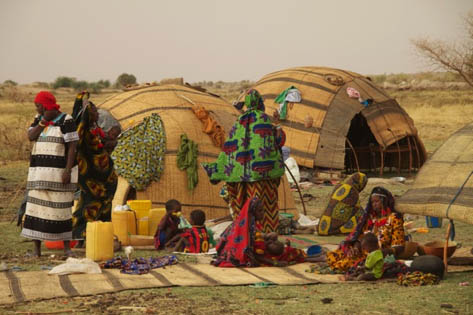
Secco mat tents: The nomadic village Ouro Jelgoobe, where tents are made of ‘secco’ mats
RAIN mentor Fatimata lives in Ouro Jelgoobe (or ‘Home of the Jelgoobe’), a part of the Nassile region of Niger where the famously nomadic Jelgoobe Fulani are located. Fatimata spends time with her students in a novel way: she accompanies them into the countryside in search of a particular kind of thick grass. Fatimata is a master crafter of ‘secco’ mats: long mats which make the nomadic dome tents, which the Jelgoobe Fulani live in, easy to disassemble and reassemble as families move with their cows in search of pastureland. She will teach her girls every part of the craft, from the collection of the thick grass to the final stages of production. At the same time, as they talk about school and other issues, Fatimata will serve as an informal counselor and ally, and they will form an important bond of trust.
Having mentors like Fatimata bond with girls over familiar tasks while encouraging their studies is wholly unique. Normally girls would accomplish these sorts of chores accompanied by family members, with discussions revolving around gossip or small talk rather than education – for a comparison, think of what you talk about when you go food shopping with someone.
By helping to champion girls’ dreams of education and offering support for schools that comes from within the community, RAIN mentors are making a lasting and positive difference to Niger’s future.

